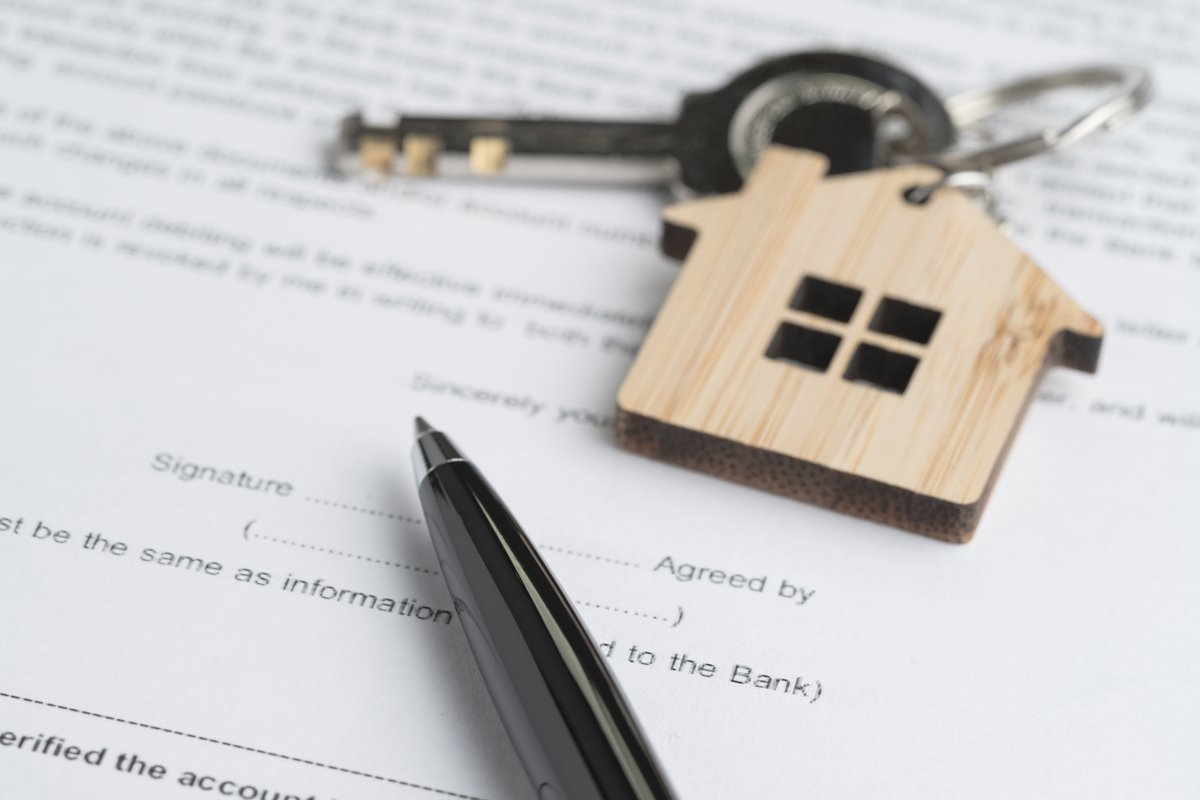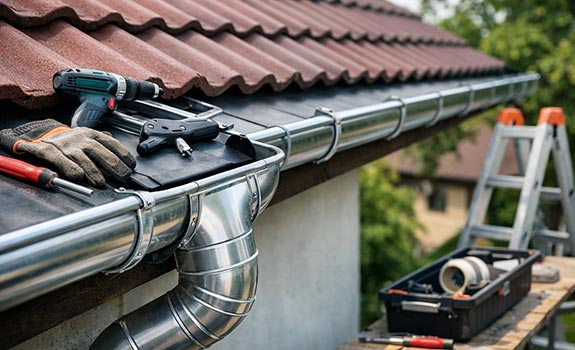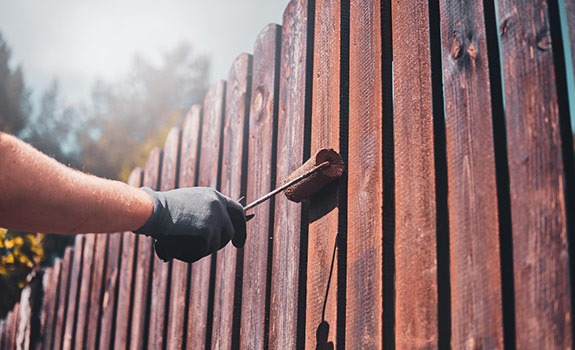Buying a new home is an exciting time, but it’s important not to get carried away. You might have found the home of your dreams, but before the legalities are tied up, there are a few things you need to consider. Here are 3 things you should do before signing on the dotted line.
View the Property Again
If you visited a property and fell head over heels in love with it straight away, the chances are that it is the right property for you. It is, however, always a good idea to arrange another viewing.
If your first viewing took place in the morning, arrange an evening viewing next time round. A property can look and feel very differently at various times of the day, so it’s good to get an all-round perspective. Similarly, if you viewed on a quiet Wednesday afternoon, try and arrange your next viewing during the weekend. For all you know, the quiet idyllic street that you fell in love with could be loud and chaotic when its residents aren’t working and schools are closed.
Arrange a Specialist Property Inspection
The last scenario you want is to purchase the home of your dreams only to discover that various issues that could be costly to remedy are lurking beneath the surface.
Having an inspection carried out by a property specialist will give you peace of mind and ensure that you don’t pay too much for the property. They will inspect various elements of the home, such as the roof, the electrics, and the plumbing, and will also check for any other issues that may pose risk or concern. This service is particularly useful if you are buying an older property or are a first time buyer maneuvering the property ladder for the first time.
Is It Affordable?
It doesn’t matter how desperate you are to buy a house or how much you have fallen in love with it. If you can’t afford it, you need to be realistic and walk away. Stretching your budget a little to find a home you love is fine, but if it’s going to financially cripple you or lead to long term financial issues, it’s not worth it.
Make a list of the financial commitments you currently have, then add the approximate costs for your property. Be sure to factor everything in such as mortgage payments, utility bills, home insurance cover, and any ongoing rates or council taxes that may be payable. It’s also a good idea to budget for any incidental expenses that you may incur further down the line. If your heating stops working or your roof starts leaking, you will need to be able to pay for it there and then, so a contingency fund is a wise and practical move.
Buying a home is a huge commitment, and so should never be rushed. Take some time over your decision now, and you will have no regrets.







